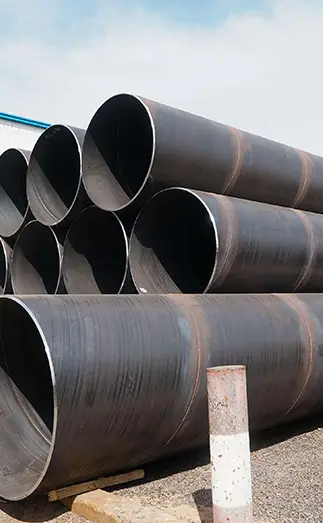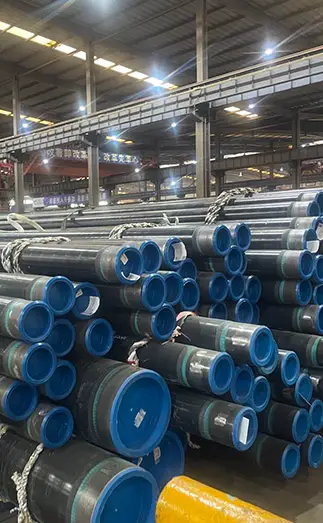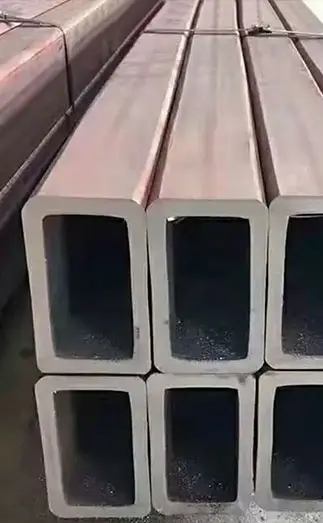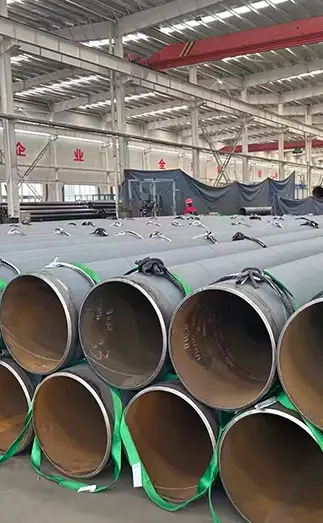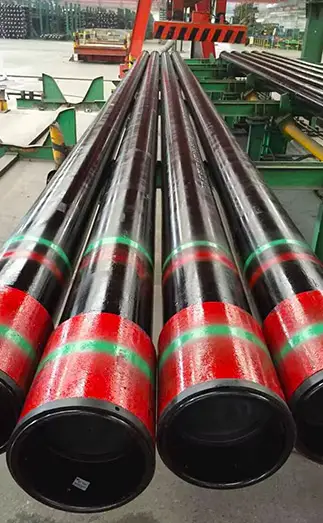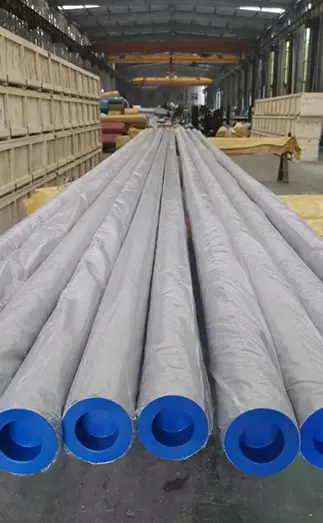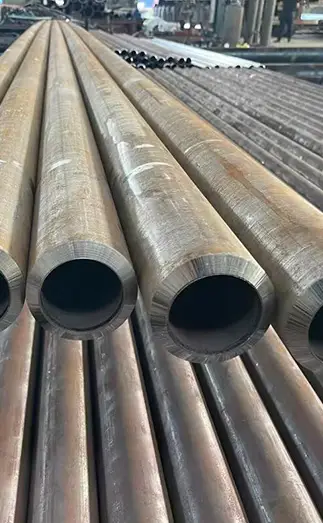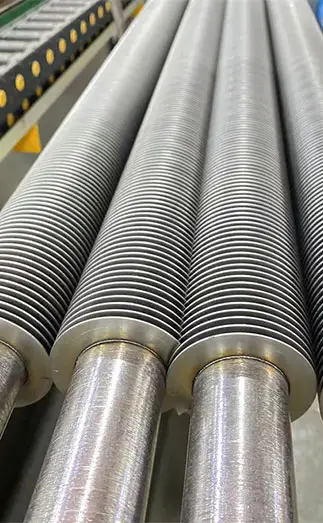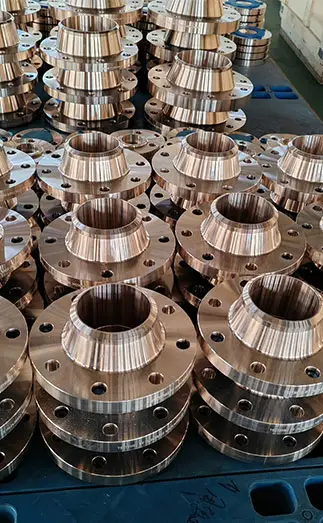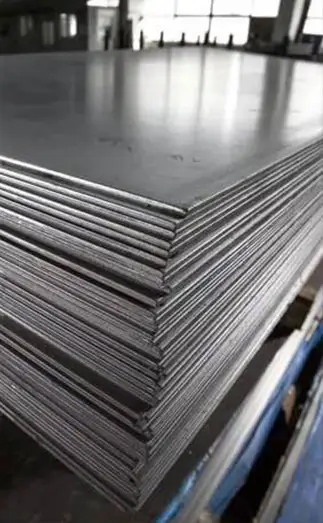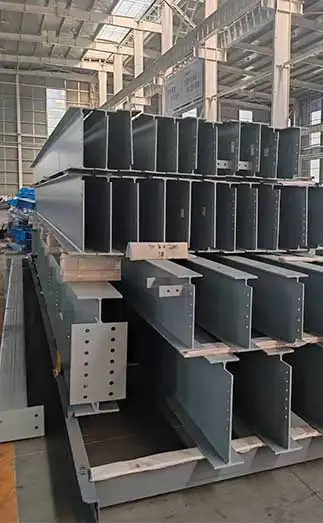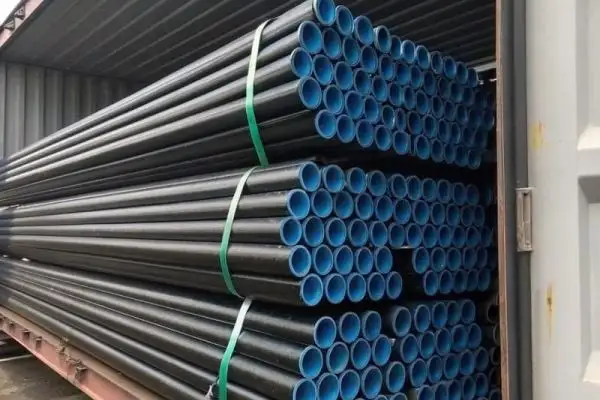ERW (Electric Resistance Welded) pipe is a type of welded steel pipe produced through high-frequency current heating and pressure welding. It is widely utilized across sectors such as oil and gas transportation, construction, and machinery due to its efficient manufacturing process and reliable performance. This article will briefly introduce how to extend the service life of ERW pipe.
Super Steel Manufacturing Co.,Ltd is professional ERW steel pipes manufacturer, for more details, please contact:sales@super-steels.com
Factors Affecting the Service Life of ERW Pipes
1. Raw Material Quality
The longevity of ERW pipes begins with the quality of the raw materials. High-purity steel with excellent mechanical properties is essential. If the steel contains excessive impurities—such as sulfur and phosphorus—it compromises corrosion resistance, creating potential weak points susceptible to premature failure. Additionally, materials with low strength or poor toughness may not withstand the pressure and stress of demanding operational environments, leading to cracking or rupture over time.
2. Welding Process Defects
Welding integrity is a critical factor in determining pipe durability. Defects introduced during welding—such as porosity or cracking—act as internal weaknesses. Porosity reduces the load-bearing capacity of the pipe, while cracks serve as initiation points for fracture and failure. These flaws not only weaken structural strength but also diminish corrosion resistance, especially under harsh environmental conditions, accelerating degradation.
3. Challenging Service Environments
The operating environment significantly impacts the lifespan of ERW pipes.
High temperatures can alter the metallurgical structure, reducing the pipe’s strength.
High humidity environments encourage rust and corrosion through moisture-metal reactions.
Exposure to aggressive chemicals such as acids, alkalis, or salts can severely corrode the steel surface, rapidly decreasing service life.
Methods to Extend ERW Pipe Service Life
1. Strict Control of Raw Materials
Ensuring the use of high-quality raw materials is foundational. Steel with minimal impurities and a precisely controlled chemical composition—particularly in terms of carbon, silicon, and manganese content—should be selected to ensure optimal strength, toughness, and resistance to corrosion.
2. Optimized Welding Techniques
Advanced welding technologies and precise parameter control are crucial to producing defect-free welds. During high-frequency welding, key variables such as current, voltage, and welding speed must be tightly regulated to achieve uniform, strong weld seams. Post-weld heat treatment further enhances weld quality by relieving residual stresses, refining the microstructure, and improving corrosion resistance.
3. Effective Protective Measures
Protective strategies play a pivotal role in extending service life:
Coatings: Selecting coatings suitable for the specific environment—such as epoxy or polyethylene layers—can form a barrier against corrosive agents.
Cathodic Protection: Techniques like impressed current systems or sacrificial anodes can significantly reduce electrochemical corrosion by turning the pipe into the cathode.
Regular Maintenance: Routine inspection and maintenance are essential. Surface scratches or coating wear should be promptly repaired, and connections must be regularly checked to prevent leaks or mechanical failures.
Conclusion
Extending the service life of ERW pipes requires a comprehensive approach, from material selection and welding process optimization to protective strategies and ongoing maintenance. By implementing these practices, operators can enhance reliability, reduce maintenance costs, and ensure the safe and efficient operation of ERW piping systems in various industrial applications.



 English
English Español
Español Français
Français بالعربية
بالعربية